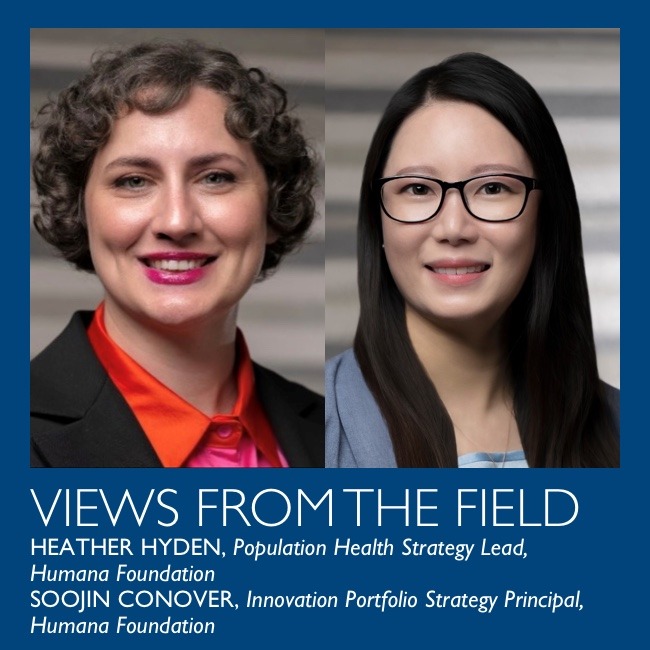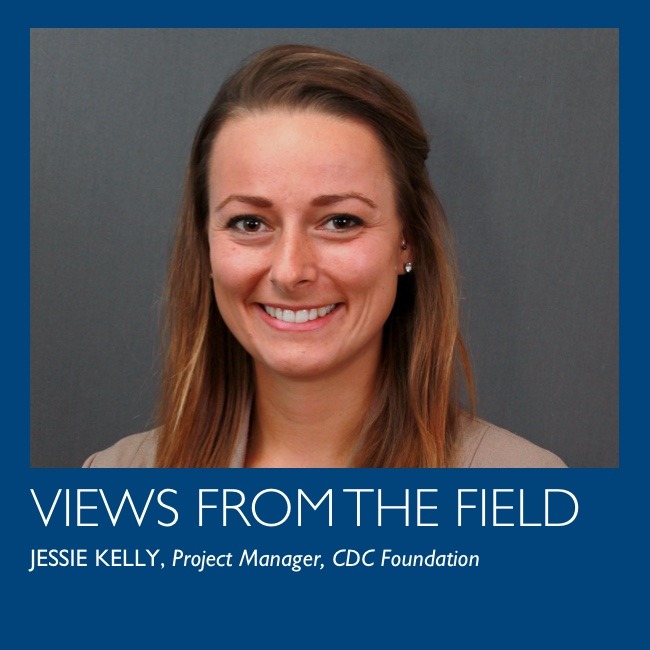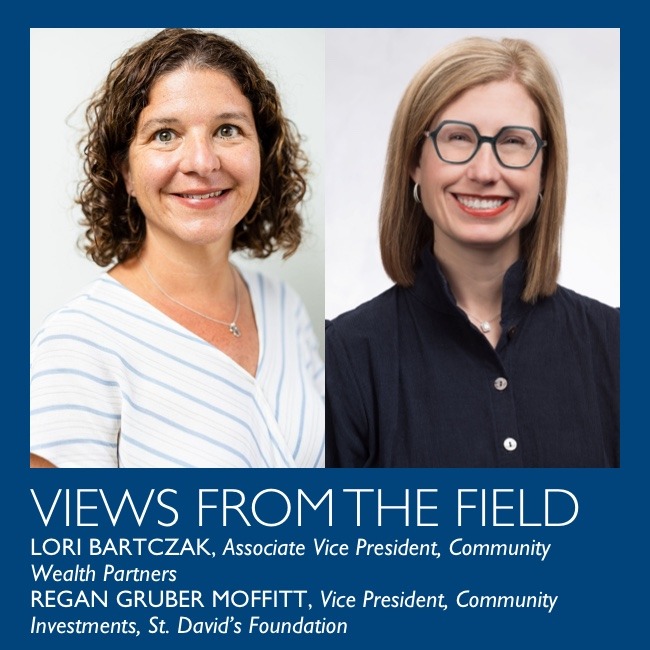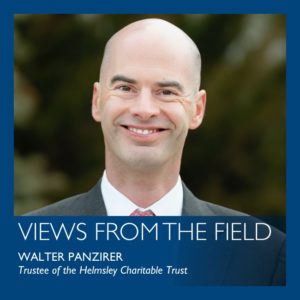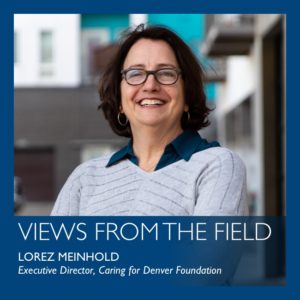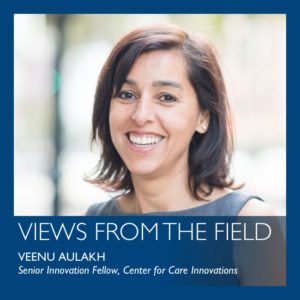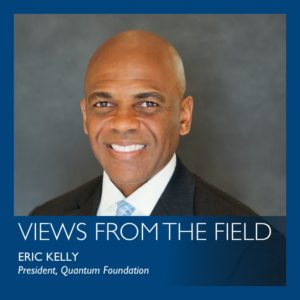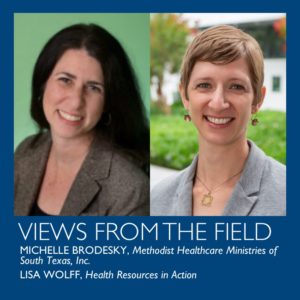Humana Foundation Advances Equity Through Community-Engaged Research Practices
Grantmakers In Health’s Maya Schane spoke with Heather Hyden and Soojin Conover of the Humana Foundation about the Foundation’s recently published report, Strengthening Science and Community Impact Through Equitable Research Practices. The report examines innovative research methods adopted by the Foundation’s partners to promote health equity in public health research through community-engaged research practices.
Collaborating for Impact: Providing Trust-Based Grantmaking and Technical Assistance to Support Local Resilience to Extreme Weather Events
In the last few years, there has been an increased number of extreme weather events, including wildfires, tornadoes, hurricanes, floods and heatwaves in the United States. In 2023, the United States experienced 28 disasters that cost at least $1 billion, the largest number of billion-dollar disasters in a single year on record (Smith 2024). While some areas of the country are more susceptible to these threats, there are no regions immune to disasters. According to a recent Gallup poll, 37 percent of adults in the United States report they have been personally impacted by at least one extreme weather event in the last two years, which is higher than the 2022/2023 survey result at 33 percent.
Responding to COVID-19 and Beyond
In the early days of the COVID-19 pandemic, the Trust was compelled to do our part. Like most philanthropic organizations, we were determined to maximize impact and make grants quickly, while also adhering to our due diligence standards.
Innovation in the Safety Net
This country’s safety net health system has always been a place of innovation. The safety net includes community health centers and public hospitals that serve the 100 million patients who either have Medicaid or lack health insurance entirely. With limited resources and patients with complex medical, social, and behavioral health needs, the safety net has long had to innovate out of necessity.
Can We Have It All? Balancing Key Factors in Evaluating a Grant Portfolio
Like many funding organizations, Methodist Healthcare Ministries of South Texas, Inc., has been on a journey to incorporate strategic evaluation into its grantmaking, and in 2019, completed an ambitious suite of impact evaluations. The evaluation had multiple aims, including: determining the portfolio’s impact; examining the impact of each intervention via program-level studies; and supporting grantees’ use of and capacity to engage in these and future evaluations.

